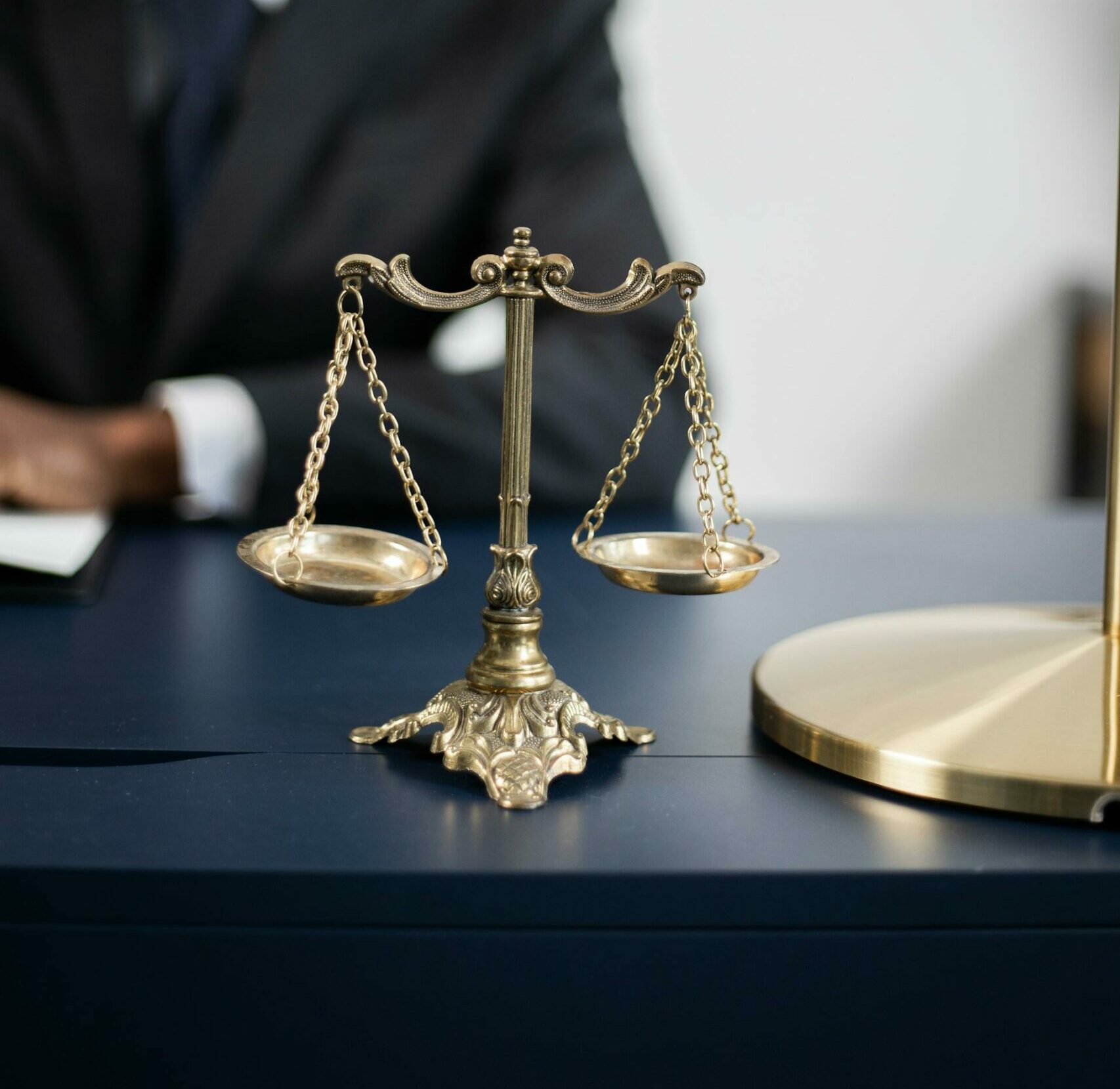Car accidents are harrowing experiences that can leave individuals feeling shaken and uncertain about what steps to take next. When the accident was not your fault, navigating the aftermath may seem less straightforward, but it’s crucial to understand your rights and responsibilities in order to protect yourself and seek appropriate recourse. In this article, we’ll outline a comprehensive guide on what to do after a car accident where you were not at fault, offering practical advice to help you navigate the process with confidence and clarity.
Ensure Safety and Assess Injuries
The first priority after a car accident, regardless of fault, is ensuring the safety of everyone involved. If it’s safe to do so, move your vehicle to a secure location away from traffic to prevent further accidents. Next, assess the well-being of all parties, including yourself and your passengers. If anyone is injured or in distress, call emergency services immediately for medical assistance.
Document the Accident Scene
Documenting the accident scene is crucial for establishing what happened and protecting your interests. Take photographs of the vehicles involved, capturing the extent of damage and the surrounding area. Note any relevant road conditions, weather patterns, or signage that may have contributed to the accident. Additionally, exchange contact and insurance information with the other driver(s) involved, ensuring accuracy and completeness.
Contact Law Enforcement
Even if the accident seems minor, it’s advisable to contact law enforcement to document the incident. Request that officers file a police report, providing an official record of the accident. Cooperate with law enforcement officers and provide an honest account of the events leading up to the accident. The police report will serve as valuable evidence during the insurance claims process.
Seek Medical Attention
After a car accident, it’s crucial to prioritize your health and well-being. Even if you believe your injuries are minor or non-existent, it’s still essential to seek medical attention. Some injuries, such as concussions or soft tissue injuries, may not manifest symptoms immediately but can worsen over time if left untreated. By seeking medical evaluation promptly, you can ensure that any underlying injuries are identified and addressed before they escalate.
When visiting a healthcare professional, be thorough in describing your symptoms and detailing how the accident occurred. This information will help the healthcare provider accurately diagnose and treat your injuries. Additionally, follow any recommended treatment plans and attend follow-up appointments as advised. Keep detailed records of all medical treatments, including prescriptions, procedures, and rehabilitation sessions.
Notify Your Insurance Company
Promptly notifying your insurance company of the accident is crucial to initiate the claims process and begin the evaluation of your claim. When reporting the accident, provide as much detail as possible about what happened, including the date, time, and location of the accident, as well as the vehicles involved and any injuries sustained. If you have documentation such as photographs, the police report, or witness statements, be sure to share this information with your insurance company.
During the claims process, your insurance company will investigate the accident and assess the extent of your damages. This may include reviewing medical records, obtaining repair estimates for your vehicle, and determining liability for the accident. Be prepared to cooperate fully with your insurance company throughout this process, providing any additional information or documentation they request in a timely manner.
Gather Evidence
In addition to the information gathered at the accident scene, it’s helpful to collect witness statements from individuals who observed the accident. Obtain their contact information and ask them to provide a written or recorded statement describing what they saw. Keep copies of all documents related to the accident, including medical bills, repair estimates, and correspondence with insurance companies.
Consider Legal Assistance
While many car accidents can be resolved through insurance claims, there are situations where legal assistance may be necessary, especially if you encounter challenges with your claim or if liability is disputed. A personal injury attorney can provide invaluable guidance and representation to protect your rights and pursue fair compensation for your damages.
When considering legal assistance, look for an attorney with experience in handling Phoenix auto accident cases and a track record of success in obtaining favorable outcomes for their clients. During your initial consultation, discuss the specifics of your case, including the circumstances of the accident, the extent of your injuries, and any challenges you’ve encountered with your insurance claim. Your attorney will assess the merits of your case and advise you on the best course of action moving forward.
By seeking medical attention promptly, notifying your insurance company promptly, and considering legal assistance if needed, you can navigate the aftermath of a car accident that wasn’t your fault with confidence and clarity. Remember to prioritize your health and well-being, document the accident scene thoroughly, and seek assistance from trusted professionals to protect your rights and pursue fair compensation for your damages.
Follow Up and Keep Records
Stay informed about the progress of your insurance claims and medical treatments, following up with providers and insurers as needed. Keep detailed records of all communications and transactions related to the accident, including dates, times, and outcomes. This documentation will serve as valuable evidence should you need to pursue further action.
Being involved in a car accident that wasn’t your fault can be a stressful and overwhelming experience. However, by following these steps and seeking appropriate assistance, you can navigate the aftermath with confidence and protect your rights. Remember to prioritize safety, document the accident scene thoroughly, and seek medical attention for any injuries. By taking proactive steps and seeking support when needed, you can work towards resolving the situation and moving forward with peace of mind.







